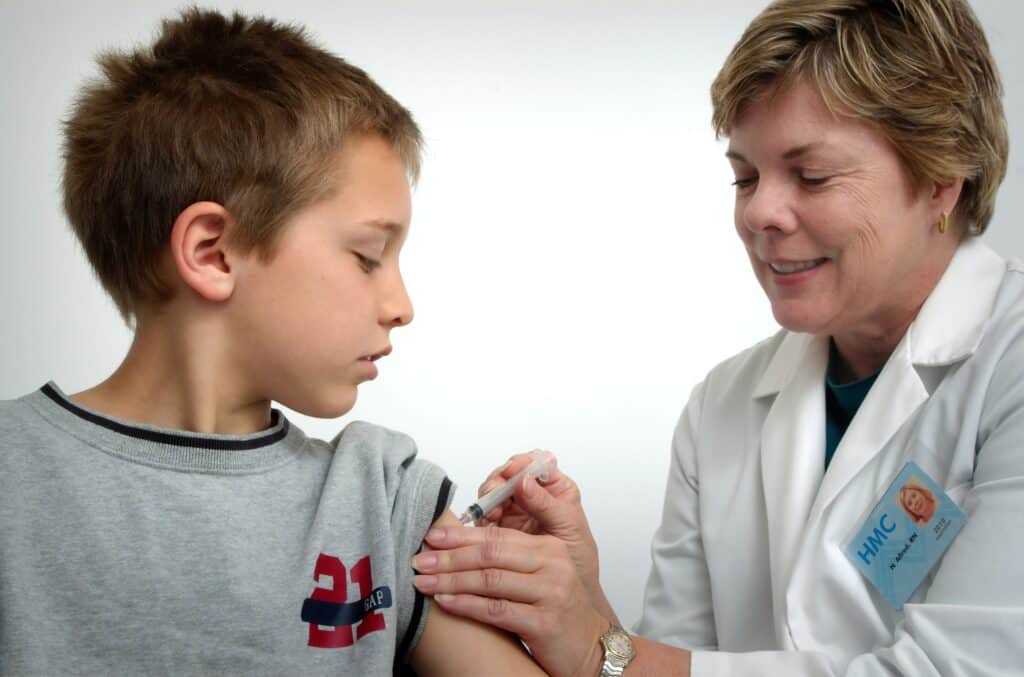By targeting a different part of the viral protein, a new type of vaccine could protect against flu in a single shot, without multiple annual boosters.
Each year the flu vaccine must be redesigned to account for new mutations. Researchers at MIT and Harvard are now hoping to find a better strategy.
The problem with the flu shot

When the flu vaccine induces the production of antibodies against the influenza virus, these antibodies tend to target a viral protein segment that is particularly prone to mutation. If antibodies could bind to the “stem” of the stable protein instead of its changing “head,” they could protect against any flu strain, and people wouldn't need to receive new doses year after year.
The creation of a universal flu vaccine
A research team led by Arup K. Chakraborty of MIT and Daniel Linwood of the Ragon Institute, used computational models to explore why the immune system focuses on the head of the protein. A systematic review also explored the possibility of “training” the immune system to focus on the “stem” of the protein.
The result of their work is a vaccine made of nanoparticles coated with flu proteins that do just that.
In studies of mice with humanized immune systems, researchers have shown that their flu vaccine elicits an antibody response to the protein stem, increasing the chances that they could finally end the “arms race” between vaccine designers and the ever-evolving virus.
Once and forever
“The reason we're excited about this work,” he says Chakraborty, “is that this is a small step toward developing a flu vaccine that is taken only once or at most a few times, and whose resulting antibody response protects against both various flu strains and pandemic strains.”

It even sounds too good to be true. A Vaccine of this kind would be a step forward for the human species equal to that of the colonization of the cosmos, but a very hard blow for the economy of those who produce billions of doses of flu vaccine annually.
For this reason, while I have the utmost faith in science and respect for the pharmaceutical industry, if it were up to me I would "militarize" this research and have it continue on a state basis, to secure the results.


